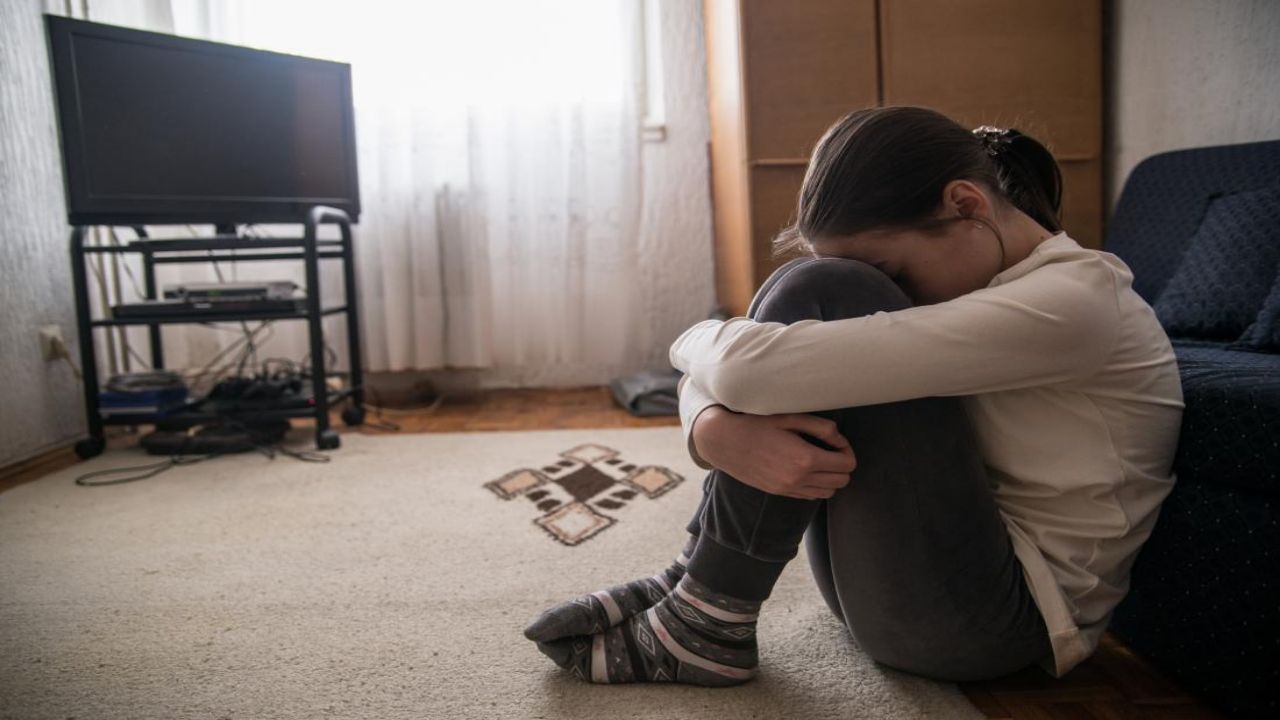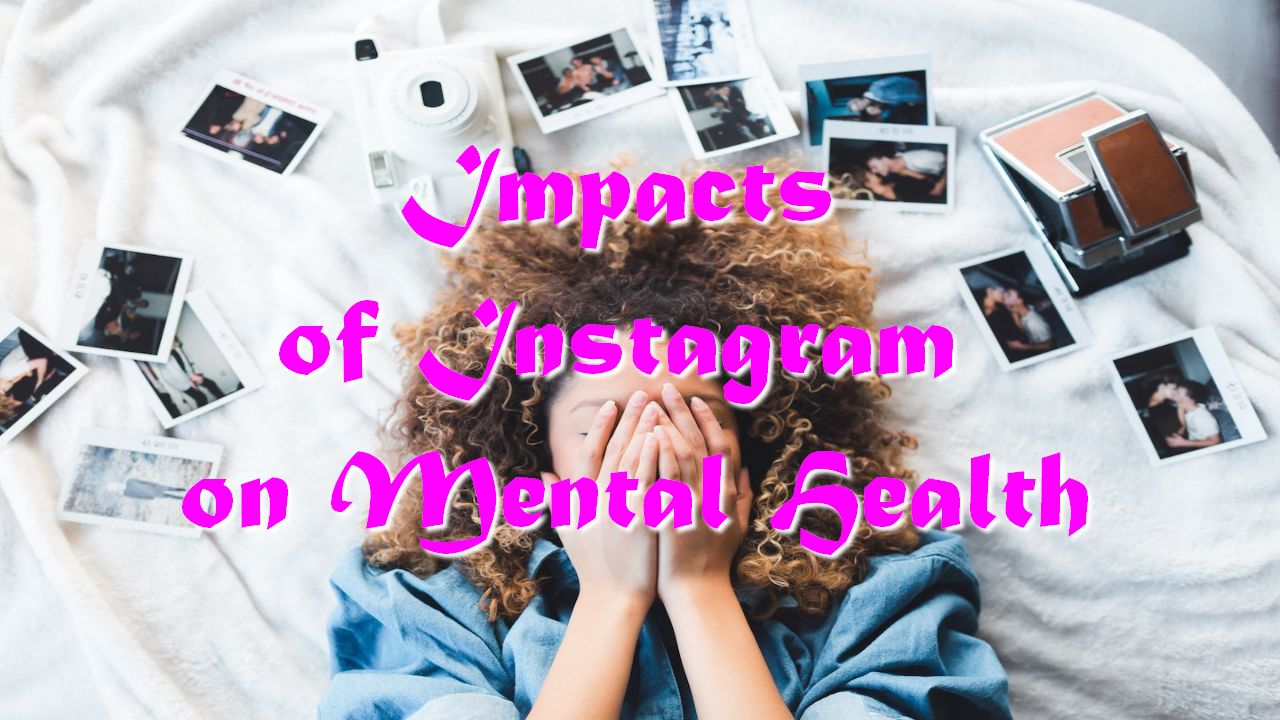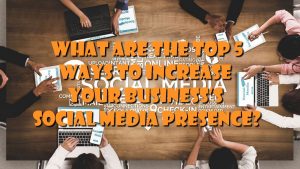According to a recent survey of over 1,500 kids and young girls and boys, Instagram is the worst social media platform for mental health and well-being. While the photo-based platform was praised for its ability to promote self-expression and identity, it was also linked to high levels of anxiety, depression, bullying, or fear of missing out. Instagram came at last in the survey from five of the social media platforms. Let’s have a look at some more detail.
Depression and anxiety are two conditions that affect people:

Instagram growth services are increasing the number of followers, and the war of getting more and more followers is turning horrible day by day. The rates of depression and anxiety among young people have risen by 70% in the last 25 years. Theorists suspected that social media has contributed to this rise, with various justifications. First, users who spend a lot of time on social media have retarded mental health. Social media fuel inadequacy and anxiousness. According to our research, five of the six most popular web-based media stages worsen young people’s anxiety. Young people with this stage of distress may find it difficult to go outside their living areas, thrive in their careers, or pay attention to their academics.
Unable to get proper sleep:

Everybody in this world is availing at least 5 functions of social media daily without realizing its harmful effects on mental health. People’s use of social media harms the quality and amount of sleep. Browsing social media late at night is especially dangerous since the intense brightening lights of our androids and desktops affect the brain’s natural release of sleep chemicals. Two in ten adults claim that they cannot sleep properly because they have to wake up, again and again, to check their social media messages.
Technology Can Help with Mental Health:

Out of hundreds of advantages of social media, it can provide a haven for young people seeking emotional assistance. Nearly seven out of ten kids report receiving assistance on technology during stressful or challenging moments. So possibly, social media can play its role in the source of information related to mental health and a way for adults struggling with psychological health difficulties to feel less alone.
Conclusion:
The usage of social media has become inextricably tied to psychological health. It is even more accurate for the adults, who are intense users and whose minds are emotionally and socially mature. Following that, there are a few items to consider: The appearance of notifications about excessive usage on the screens. People’s image that has been technically modified will be highlighted on web-based media stages. Platforms using social media to deliver consistent and credible information related to mental health. Safety measures regarding social media must be a course of study in schools and colleges to give proper awareness. The report best summed it up: It should be used for good; the difficulty is ensuring that social media firms do everything possible to establish social media platforms as a safe place, especially for our children.



